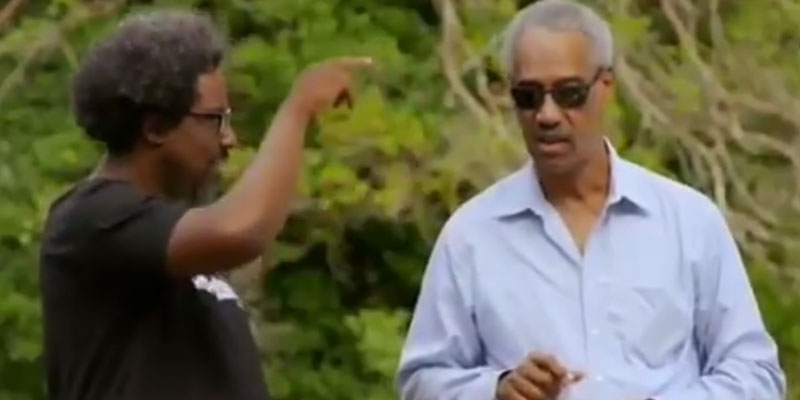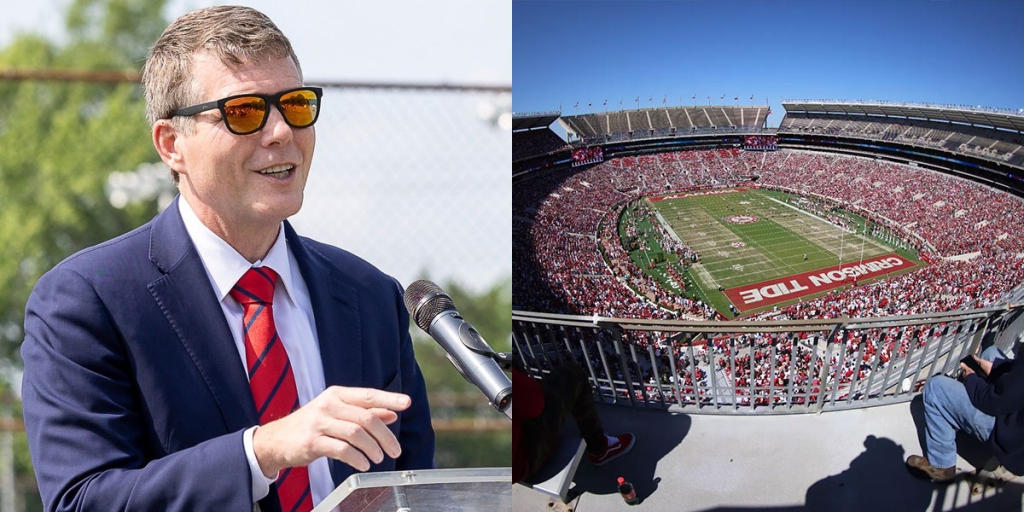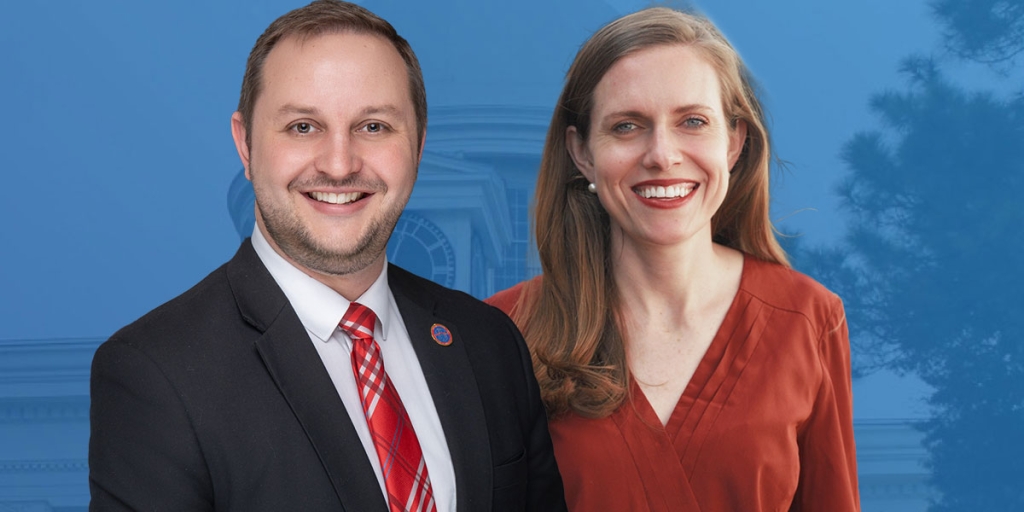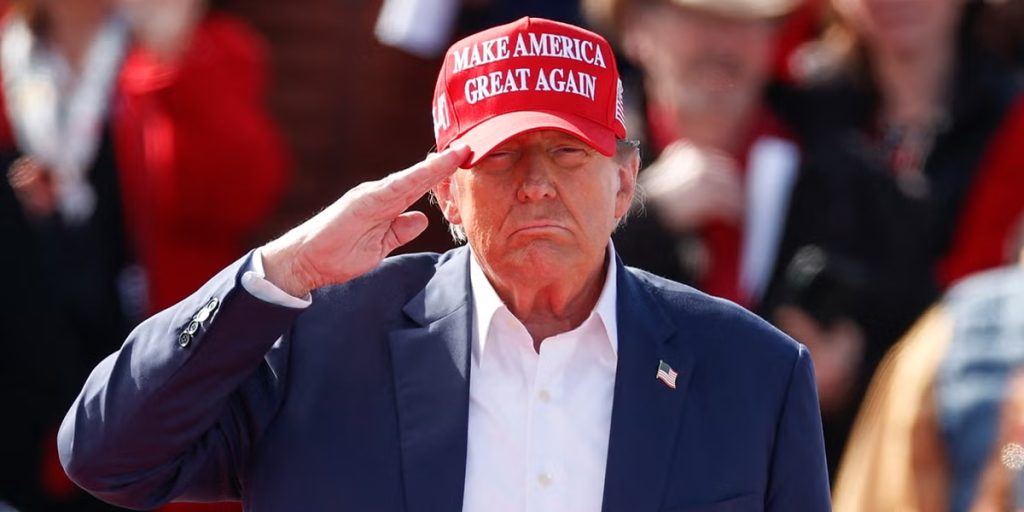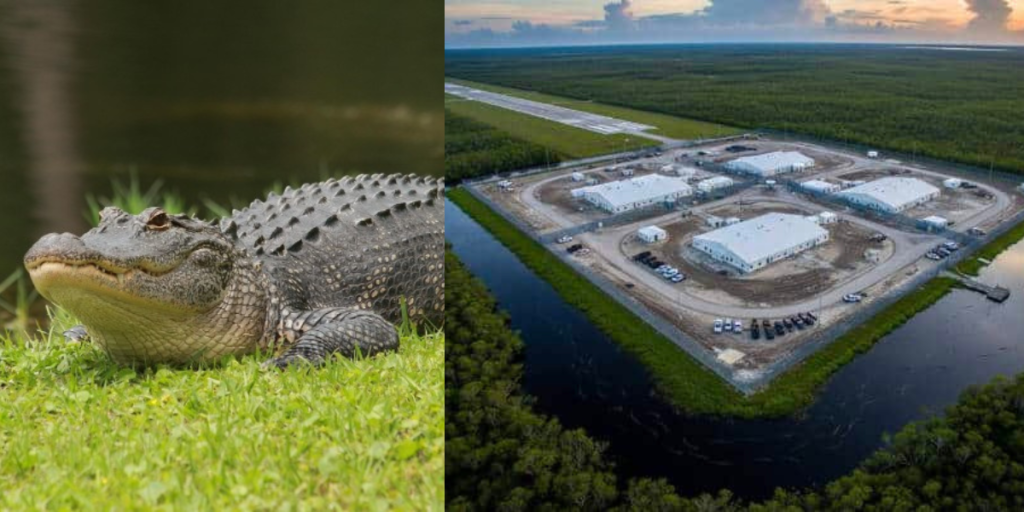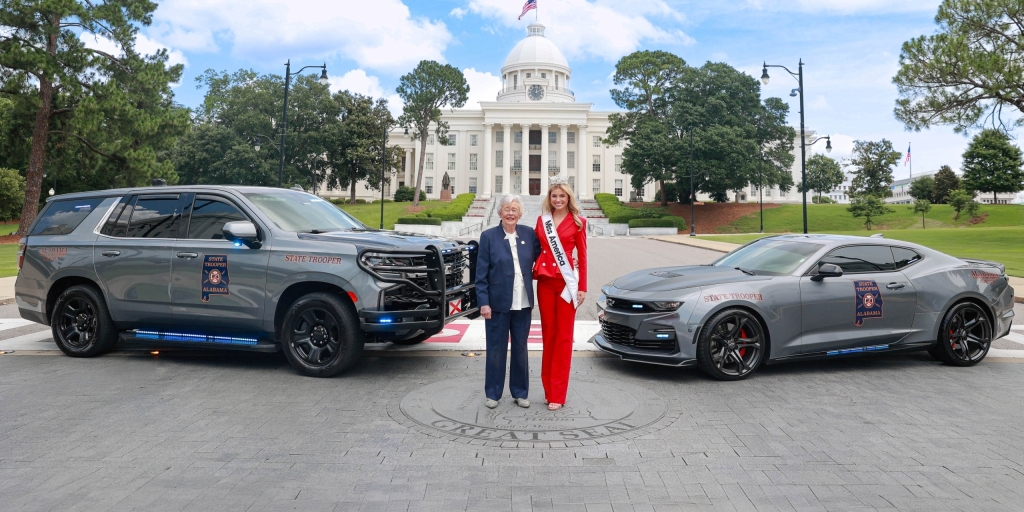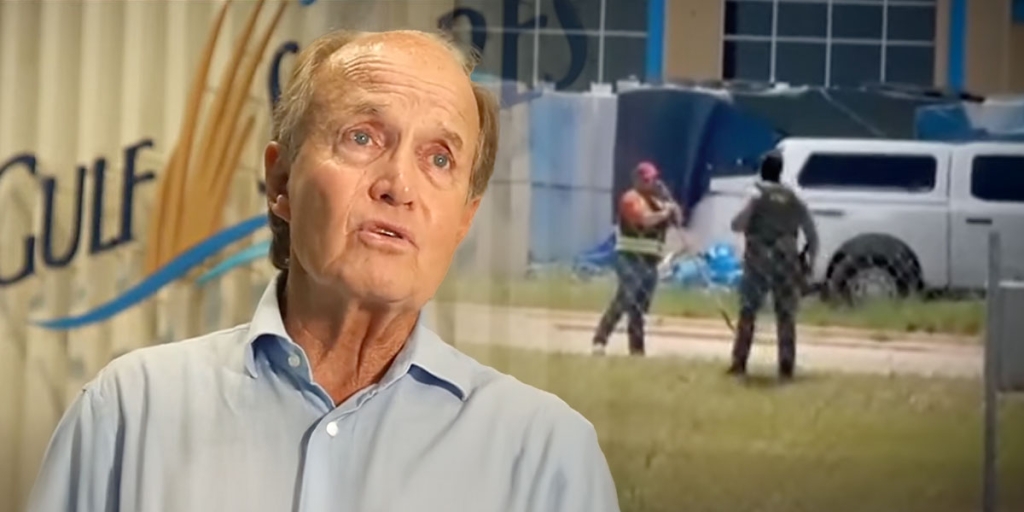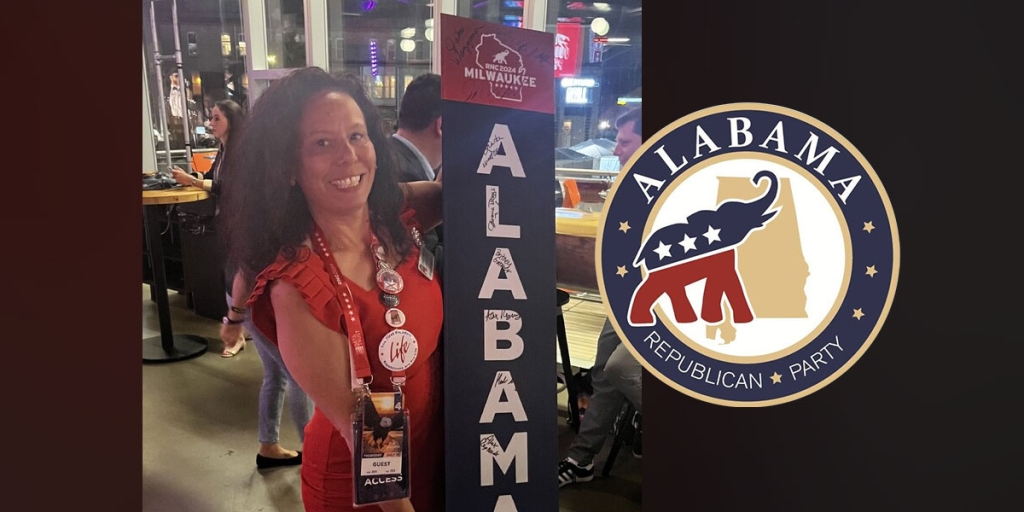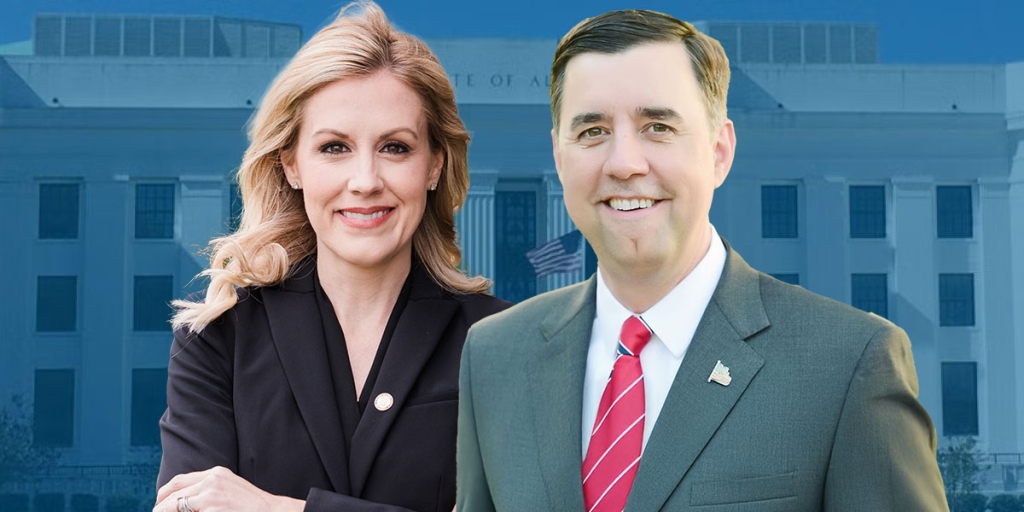For three years, comedian W. Kamau Bell had trained his sharp eye on exotic slices of America to break down stereotypes.
On Sunday, he took his myth-busting CNN show to a more familiar setting — Alabama, where he spent part of his youth. As is the show’s format, Bell spent the show interviewing a variety of strangers. But the Father’s Day airing also included time talking to someone he knows well — his own dad, former Alabama insurance commissioner Walter Bell.
The depictions of Alabama were familiar to home-state residents, particularly those in the southwestern corner. Bell showed a national audience the gorgeous beaches of the Alabama Gulf Coast, told folks about Mobile’s status as birthplace of Mardi Gras in America and explained how to pronounce the Port City’s name — not like a cell phone, Bell says, but Mo-BEEL.
The program featured plenty of familiar shots of downtown Mobile, Orange Beach and the Causeway connecting Mobile and Baldwin counties.
Bell acknowledged Alabama’s past — there was an obligatory clip of segregationist Gov. George Wallace — and alluded to the nation’s “complicated relationship with Alabama.” He also talked a bit about Alabama’s controversial present, with references to former Supreme Court Chief Justice Roy Moore, who nearly won a special election to the Senate last year despite facing allegations of sexual impropriety that purportedly occurred decades ago.
But overall, Bell showed a side of the Heart of Dixie that many people in the rest of the country never think about — or perhaps even know about.
“There’s always sort of a general outside-of-the-South condescension [toward] the South,” he said. “And I realize it’s like, people really don’t know what they’re talking about. I felt like I want to try to tell my truth of Alabama.”
Bell later added that he was not enthusiastic about coming to Mobile as a kid. He spent summers visiting his dad and attended high school in Mobile for a time. But as an adult, Bell said, he loves it and the South.
“And when people have never been here condescend to it, it makes me defensive of it,” he said. “Which means we don’t actually get to talk about the goodness of it.”
Much of the show was Bell’s personal journey. He took viewers to the modest house he lived in for a time. He showed off his grandmother’s house — now boarded-up —where he has many fond memories.
And Bell took care of some “unfinished” business at the downtown branch of the Mobile Public Library. He returned a book on comics that he had checked out in 1986. The clerk had to get a supervisor, who informed Bell that it was so old, it was not in the computer system.
So, Bell made a $1,000 donation to the library, instead.
“Should we hold out for two?” the supervisor joked.
Bell also went with his father to his childhood home — now a hunting camp — in rural Vredenburgh, Alabama, about 100 miles north of Mobile.
The plot of land where the family shack once stood contains a small cemetery of Bell’s ancestors. He saw the gravesite of his great-great-grandmother, who was born during slave times and had a son — Walter Bell’s grandfather — five years after slavery ended.
“You can be born anywhere, and you can end up anywhere,” Walter Bell said on the show.
Walter Bell was insurance commissioner under then-Alabama Gov. Bob Riley. As the son put it, Walter was Alabama’s highest-ranking black person at the time and the first Alabamian to serve as president of the National Association of Insurance Commissioners.
And what would his father think of that, Kamau Bell wanted to know.
“Well, he was a union guy,” Walter Bell answered. “I mean, bled union blood. For me to have worked for a Republican governor, he probably would have had a few things to say to me about that.”
Kamau Bell ended the show with him and his father fishing in Mobile Bay.
“I have a great life here, you know? I know people. People know me,” Walter Bell said. “And making a living and making a life is two different things. And, when you make a living, you also want to make a life.”
@BrendanKKirby is a senior political reporter at LifeZette and author of “Wicked Mobile.”




